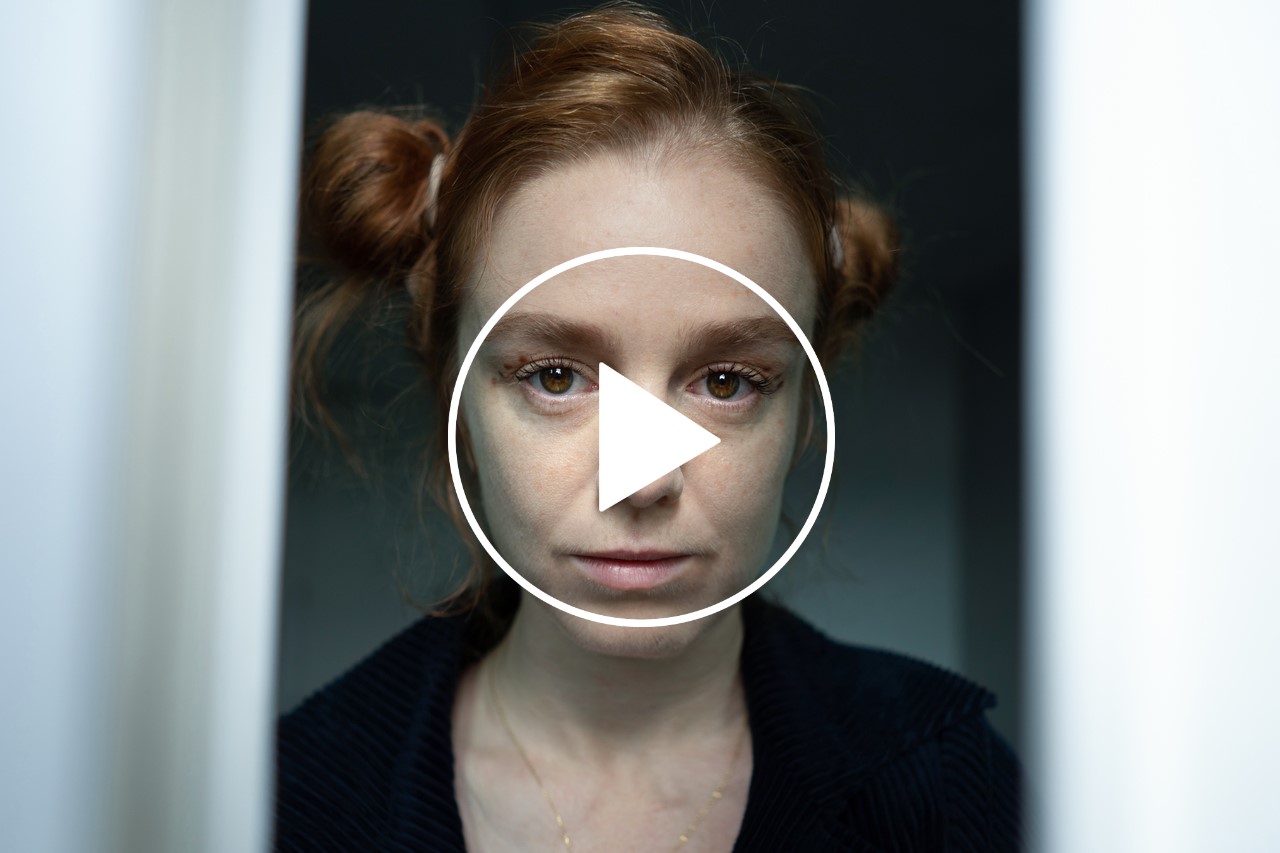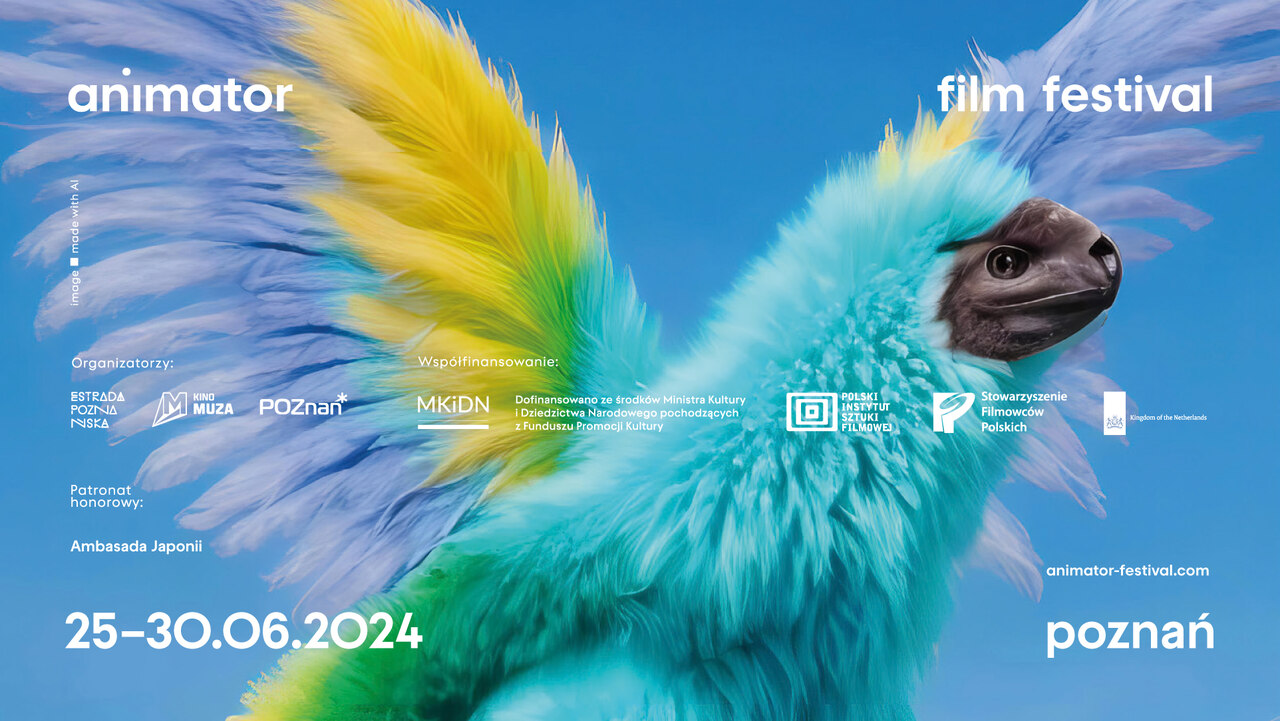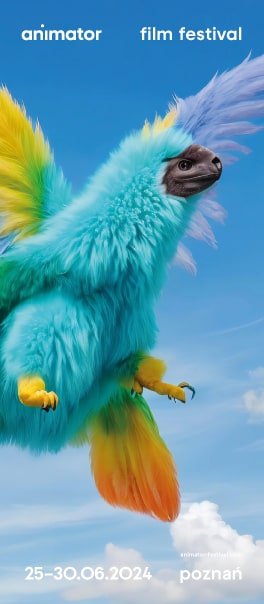What do you know about Poland? We all like to pretend that people around the world are interested in our country.
I’ve been to Poland a few times, some of the major cities. I’ve had wonderful concerts, done some television. Apart of that, I don’t know language at all, but I love the food.
They say it’s the hardest language in the world.
I am sorry, but I’ll probably never learn it.
You never know. Maybe when you’re 80, you’ll say – hey, let’s learn some polish words.
Maybe.
I would like to ask you firstly about this pandemic times, it is probably something we can’t avoid during this time. How did affect you? How did it affect your creativity, life in general?
It changed a lot about my business. I don’t go out too much, I don’t do much concert nowadays. I stay home and do concerts from my home studio and garage. It’s live streaming. This is one of the major changes. When it comes to songwriting, I don’t go out to studio to do it anymore with other people. I do them virtually, on the computer, with one person or maybe two or three. It’s much different then before. It doesn’t change the quality of the songs, we still come up with some good ones. One other thing that I really appreciate, is that I can spend more time with my family, my wife, my kids. We’re getting way closer than we were before.

It shows. Your latest album is called All Love Everything. It shows, not only maturity, for you as an artist, but also the times that you found yourself within. It’s about love, of course, but also your relationship, your marriage, your kids and how you find time for them in the worst year in history, that we know about. I was wondering, while listening to this album, have you ever thought that those feeling good vibes that you promote will not be such widely accepted in the industry that is so really divided. I think it’s for the best, that it exists, but have you had any second thoughts while writing this album?
So, while writing this album I was coming up with many, many different ideas, styles and thoughts about what songs I wanted to release. In the end, I wanted to put together an album that expressed love and compassion, togetherness and connection. At first I thought I was gonna write an album about our relationship to technology. I had a lot of songs that I was putting together. It was sort of a discussion about the dystopian reality, about relying on technology and social media. But, you know, I feel like I can do that discussion anytime. The thing, that I thought I haven’t done enough, was to portray personal and intimate relations in my music. I think it was the time for me to share that. If I miss this moment, when my kids are this age, then what will it mean to do it later? Will I feel the same way? It was the moment when I thought: I need this album to serve me. So in that way, I decided I would not release this other album, other ideas, other concepts. I’m gonna share this song about people that I love and the way that I love.
I think it is a really great time to put out an album like that. With all this commotion, we need to take our head of all these depressing stuff and thinking about love and marriage is uniquely universal. I don’t know if it’s an uncomfortable question for you, but are you a person of faith?
Oh, yes, absolutely.

I noticed a lot of Christian-like virtues within your songs. Sometimes I didn’t know if lyrical ego was speaking about a God or your wife, because it felt really interconnected.
I don’t subscribe to any particular faith or religion. It is very much in the same realm as most monotheistic beliefs, like Christianity, Judaism, Islam. But then, there’s a lot of respect in me for Eastern religions, practices that are about social morality. The Shintoism, the inner peace in Buddhism. For me it’s all a big combination of the things that matter in those religions. In music I’m sharing, I try to include something that seems most important, most connected among those ideologies, those faiths, which is to love unconditionally, be kind and do no harm. These are universal themes, because they cross all ethnicity, nationality, faith.
Is your background in psychology important in your writing? Does bring something unique in your understanding of humanity? Does it help you to better understand yourself?
Well, I don’t know if it’s the heart of my songwriting. I studied psychology because I was interested in it. I wouldn’t say I’m an expert. When I’m writing songs, it could be influenced by something what’ve learned in school. But I feel it’s more about what I’ve observed in life, my fans, my friends, my family, my community, all of what I’m responding to, reacting to, projecting. It’s not an academic approach at all. I think one of ways I do appreciate my studies of psychology is that I recognize some psychological themes in the music industry. The anger, anxiety, hatred, depression, sorrow – those themes are always present in our media in music, film. Those are very stressful things we have to absorb. We need to take care about ourselves and find a way out of those messages. I hope my music can be a way out.
There is another aspect of your work I appreciate. Your music is very complicated. It’s not dominanta, subdominanta and dominanta. It’s not this basic structure. It’s really jazz influenced, r&b influenced. It’s not something simplistic. How was it working with DJs like Avicii for example? How was it like to produce pop music? I’m not saying one is better, one is worse, but I was wondering how was it for you as an artist who produces such layered composition to work on simpler projects.
I enjoy making music that is a rollercoaster ride. The way that the rollercoaster works is to surprise you. When it’s not surprising anymore, then it’s not fun. I recognize that the more elements you have to the song, more surprises, the more people can learn while listening to the song. You have to burry it into the production. I like to have a song that has at least five parts. You have your verse structure, your pre-chorus structure and your chorus structure – those are the three that you can count on that they can be there. But I also like to have a bridge, which is a forth section and maybe some special section, could be an intro, could be an outro, could be a post chorus. In I need a dollar we have an intro, chorus and a verse. We have a pre-chorus and we also have post-chorus. If you do your performance differently on each part, it enhances the rollercoaster ride. People say: this is familiar, but I didn’t expect this turn. It’s all happening subconsciously. You can hear it, especially in I need a dollar. Every four bars – something different is happening and nothing is ever the same. The beauty of using live musicians is that it’s literally not the same. If you’re using just the computer – copy/paste, copy/paste, the same sounds over and over again, the ear and every fiber of your body recognize that it’s all the same. If you’re doing it with live musicians, it’s different every time. The sound is certainly different every time. Listener can appreciate that. The audience can appreciate that.

There’s also this Frank Sinatra vibe in you that I really enjoy. I watched your Live at Made concert, it’s really popular. There’s this swing era elegance that’s really interesting and I’m wondering, have you ever consider going more in that direction? There is some part of that in your music, but you didn’t go all the way there.
I have an entire project that I’ve recorded in 2004. I’ve never released it and it’s very much using the voices of Nat King Cole, Frank Sinatra but it’s not those songs. It’s a completely different style of songs. I’ll introduce it some time, maybe at the end of the year. For me, singing those standards, the way that Sinatra did, is quite easy, I love the songs that he sang, that Dean Martin, Sammy David Jr. made, but there is a different way to do it, when it comes to the music that surrounds it. That’s what I’m interested in sharing, something new.
What are you planning to do with them, then?
Because I’m still in this Aloe Blacc – soul singer, pop artist world, I’m thinking of using an alias to do it. Maybe Aloe Blacc Presents, using a whole new name and concept. I’ve been speaking with one of my friends, a graphic designer, who makes amazing visual worlds and I wanted to share with him my music, so we could make something together, entire story to go with the sounds. It will probably be released as a short film rather than just an album. Not only the music will be completely new, but it will come along with a visual art and a story as well.

Well, intertextuality is always interesting, so I’m looking forward to this. For my last question, you work a lot with malaria foundations around the world, so why is it such an interesting and urging problem that you wanted to put yourself out there and help?
I was thinking about what most good I can do in the world with my voice, with my celebrity status. I found that Malaria no more was working hard to change and improve the lives of some of the poorest people who suffer from a disease that certainly can be challenged, that can be cured if we just put an effort in. When I started to work with them, a child was dying every 60 seconds. Over just few years of working with them, they have reduced deathrate to half. That to me is extremely important – to save lives. I use my voice in many different activities and events but the efforts we put to fight malaria have been very huge. There are of course new diseases that we have to worry about and it breaks my heart that the attention can’t go to everything all at once. This pandemic is certainly worthy of our direct attention right now.
Thank you for all your work and music. All Love Everything – you can probably find it anywhere you listen to music. Aloe Blacc was our guest today – thank you very much, it was a pleasure.
Thank you, bye.











